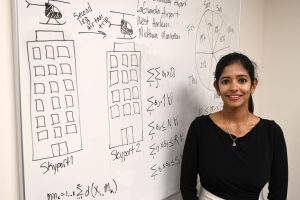
Nov. 5, 2024
AI is paving the way for flying taxis
Mizzou Engineering expert Suchi Rajendran shares how prescriptive analytics will help us prepare for the future.

Oct. 28, 2024
University of Missouri students receive Best Paper Award at GameSec 2024
A team led by Mizzou Engineering students received the Best Paper award at the GameSec 2024 Conference on Game Theory and AI for Security.
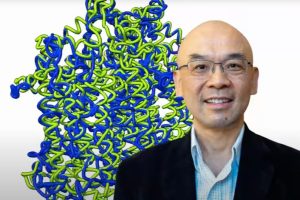
Sep. 23, 2024
Paving the way for new treatments
Mizzou researcher Jianlin “Jack” Cheng debuts tool to build 3D structure of protein complexes, giving scientists insights to prevent and treat disease.
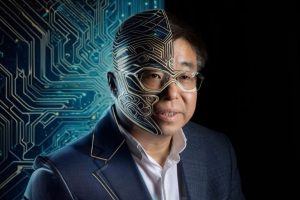
Aug. 14, 2024
Mizzou researcher Dong Xu weighs in on future of artificial intelligence
Artificial intelligence (AI) can write, create videos and power self-driving cars. Someday, University of Missouri researcher Dong Xu predicts, it also will perform surgeries.

July 16, 2024
Reporting on AI? Mizzou has the experts you need.
Artificial intelligence (AI) stands as the frontier of technological revolution — poised to reshape every facet of our lives. As leaders in AI research, The University of Missouri is happy to connect you with the right expert.

July 9, 2024
Hackers beware: Research shows AI can assist with cybersecurity
A Mizzou researcher and collaborators found that leading chatbots can pass certified ethical hacking exams.
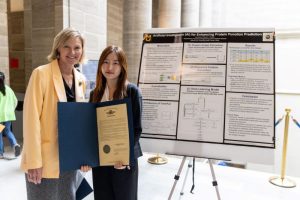
April 11, 2024
Presenting engineering undergraduate research to legislators: A Q&A with Ahhyun Lee
Ahhyun Lee was one of 13 Mizzou students selected to present her research at Undergraduate Research Day at the Capitol last week. Read for a Q&A with Lee about her research, which focuses on using artificial intelligence to enhance protein function prediction.
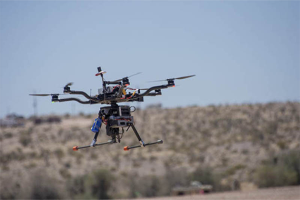
March 27, 2024
Revolutionizing drone navigation: AI algorithms take flight
Thanks to smart algorithms powered by artificial intelligence (AI), drones could one day pilot themselves — no humans needed — using visual landmarks to help them navigate from one point to another. That’s the aim of a two-year project led by University of Missouri researchers and supported by a $3.3 million grant from the U.S. Army Engineer Research and Development Center (ERDC), the premier research and development center for the U.S. Army Corps of Engineers.

March 26, 2024
Mizzou Engineer to help U.S. Army assess systems as part of groundbreaking Department of Defense project
Mizzou Engineering is contributing to a groundbreaking project that aims to help the U.S. Army make more timely and strategic decisions in today’s technology-driven defense landscape.
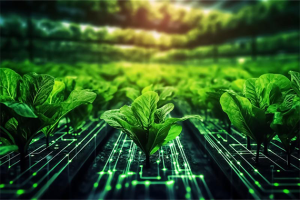
March 5, 2024
Engineer leveraging AI to help collaborators develop fungicides, prevent crop loss
Plant diseases destroy 125 million tons, or $220 billion worth of soybeans, corn, wheat and other crops in North America every year. Now, a Mizzou Engineer is leveraging artificial intelligence to help collaborators prevent that loss.